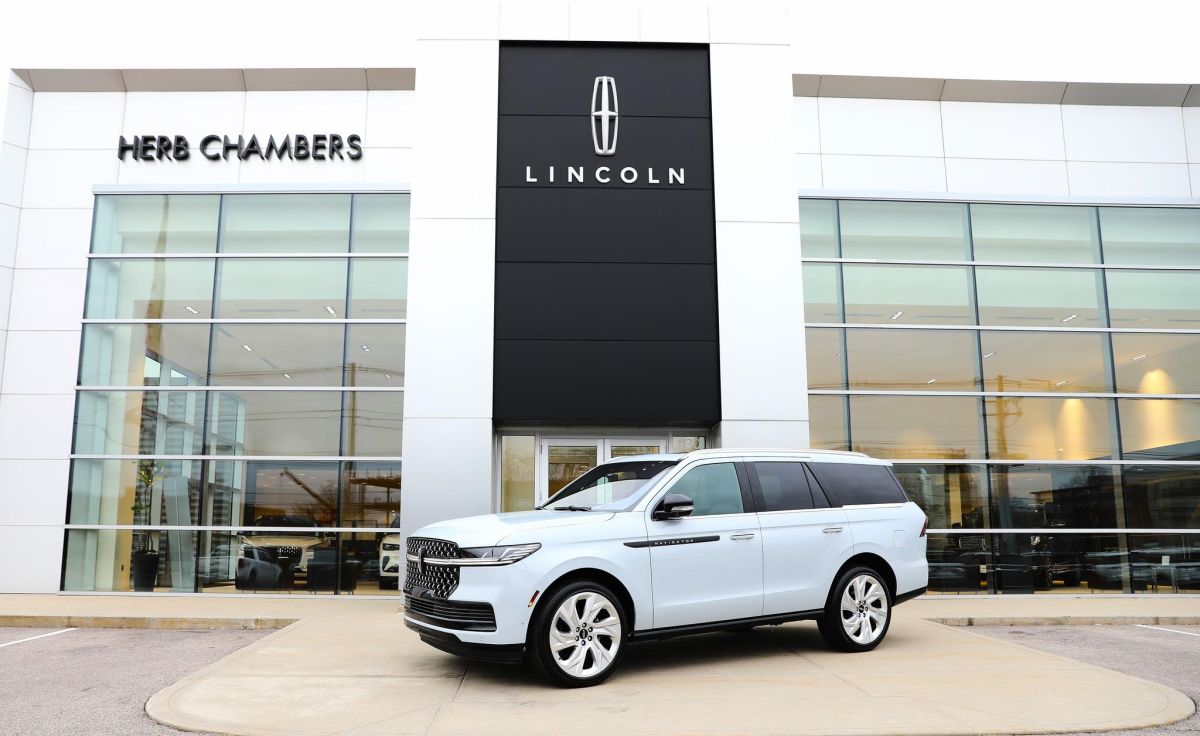Asbury Automotive Group has cemented its biggest push into the Northeast, completing a $1.45 billion purchase of the Herb Chambers Companies (HCC) on July 21, a deal that folds 33 dealerships, 52 franchises and three collision centers into the public retailer’s platform.
The sale, first announced in February, ranks among the largest U.S. dealership buy sells ever recorded, adding roughly $3.2 billion in 2024 revenue and some 50,000 annual vehicle sales to Asbury’s top line, while giving the Duluth, GA-based group its first retail footprint north of New York.
As detailed in an accompanying Form 8 K, Asbury financed the acquisition with a blend of debt and cash: a new $546.5 million 10 year real estate term loan led by Wells Fargo, a $750 million upsizing of its senior credit facility arranged by Bank of America, and available cash reserves.
The filing also breaks down the purchase price: $750 million for goodwill, $610 million for real estate and leasehold improvements, and $85 million for vehicle and parts inventory net of floorplan debt.
Collision Capacity Grows to 40 Locations
Prior to close, Asbury operated 37 collision repair centers across the country. With HCC’s three body shops, the network grows to about 40 centers, expanding the company’s claims processing reach into metropolitan Boston and Providence.
For independent shops, the enlarged footprint means a larger competitor with deeper pockets for advanced equipment, OEM certifications and technician recruitment, especially in high margin work such as ADAS calibration.
Northeast Entry Raises Consolidation Stakes
Dealership consolidation continues to accelerate: the top 10 public groups now control 9.3% of roughly 17,000 U.S. rooftops, and the top 150 groups capture 24.1% of 2023 retail sales, according to a Bank of America industry brief.
While scale delivers vendor discounts, Derek Comestro of Bank of America’s Dealer Financial Services noted “the three biggest costs of operating a dealership are people, inventory and real estate… At the end of the day, it comes down to the operator.”
A Banner Year for Buy Sells
M&A momentum shows little sign of easing. The Haig Report estimates 510 U.S. rooftops changed hands in 2024, the fourth busiest year on record, with private buyers accounting for 95% of deals. The report singled out Asbury HCC as the largest announced transaction heading into 2025.
Analysts say the combination underscores a trend toward regional “platform” buys that give public retailers immediate market share and fixed operations scale rather than one store tuck ins.
What Shop Operators Should Watch
• Parts & supply chain: Asbury’s larger Northeast volume could strengthen its bargaining power with OEMs and vendors, potentially nudging independents to reassess parts sourcing strategies.
• Talent competition: A 40 center collision network can offer technicians clear advancement paths and richer benefits, intensifying labor pressure on smaller operators.
• Insurance relationships: National MSOs often negotiate DRP terms centrally; Asbury’s new centers may shift referral patterns in Massachusetts and Rhode Island.
• Capital investment pace: Public groups typically reinvest a fixed percentage of sales into equipment upgrades, especially for aluminum repair bays, calibration targets and inventory management systems, raising the customer service bar.














